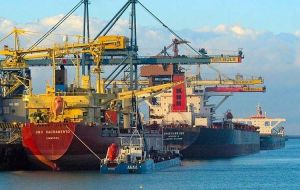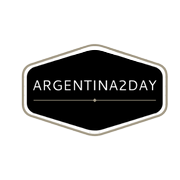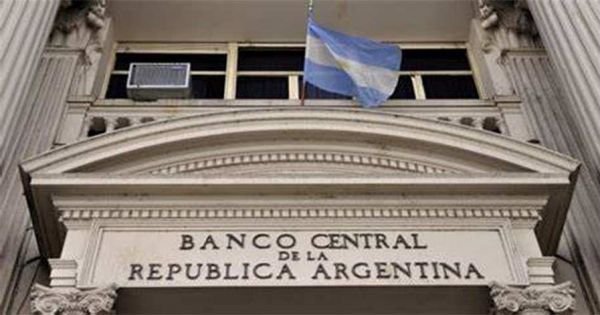[ad_1]
Argentina imposes more impediments to foreign trade; Central bank desperately short of US dollars
The Argentine Central Bank established a decree encouraging the non-collection of freight rates for imports to avoid delivering US dollars.

Argentina, like Venezuela, now falls into the “dirty port” category, where freight cannot be paid in local currency.
Given the financial problems and shortage of foreign currency, on Wednesday, May 24, the leading shipping company MSC, followed by seven others, announced that, as from June, ‘freight collect’ will be charged for exports from Argentina, meaning that these charges will be billed to the party receiving a shipment, often called the consignee.
Most companies have not charged import freight in Argentina for the past two weeks.
Since the Argentine Central Bank established a decree encouraging the non-collection of freight rates for imports, operators wondered when a similar export restriction would be established. Companies have been accumulating pesos while being unable to exchange them into dollars or foreign currency.
Argentina, like Venezuela, now falls into the “dirty port” category, where freight cannot be paid in local currency. “We were only halfway there because it was only for imports,” a source told LA NACION. “With the decision taken by MSC, we are now in the same situation.” There are no other ports on the planet with these specifications.
Since May 15, shipping companies have not been charging import freight in Argentina; these payments are made through local freight agents, who can transfer dollars abroad. The decision responded to the Central Bank’s resolution that deferred payments of around US$ 2 billion in service and freight imports.
The following shipping companies will stop charging export freight in Argentina on the following dates: June 23 for MSC, June 13 for Seaspan Harrier, June 12 for Cape Akritas, June 17 for Monte Verde, June 22 for London Trader, June 12 for Meridian, and June 14 for MV Argentina in Zárate.
On Thursday the Federation of Foreign Trade Chambers of Argentina (Fecacera) sent a letter to Miguel Pesce, President of the Central Bank, and the heads of AFIP and the Ministry of Commerce expressing their “deep concern about the impact that regulations on foreign trade may have on international trade operations, which will severely affect the performance and competitiveness of companies and, consequently, the possibility of genuine foreign exchange earnings.”
The reference is specifically to Central Bank Communication A 7746, published on April 20, which established that authorizations must be requested prior to 90 days for freight payments and other transportation services.
According to Fecacera, shipping firms’ decision to no longer charge import freight in Argentina “will result in increased lead times and costs for cargo, also forcing suppliers rather than buyers to deal with the freight.” In the short run, this decision is expected to disrupt the flow of the logistics chain, affecting commercial activities, particularly for SMEs that “lack the infrastructure and financial capacity to pay their freight at the origin.”
In the not-so-distant future, the association believes logistics systems “may collapse, disrupting trade flows to and from Argentina, with all of the consequences for our economy and society as a whole.” Therefore, in this note, the entity requests a review of its methods to avoid the “negative impact that they could have on all international trade.”
Adding to this situation, operators are also concerned because the port terminal in Zárate is currently not operating due to a strike by the Federation of Maritime, Port, and Naval Industry of Argentina.
[ad_2]
Source link




